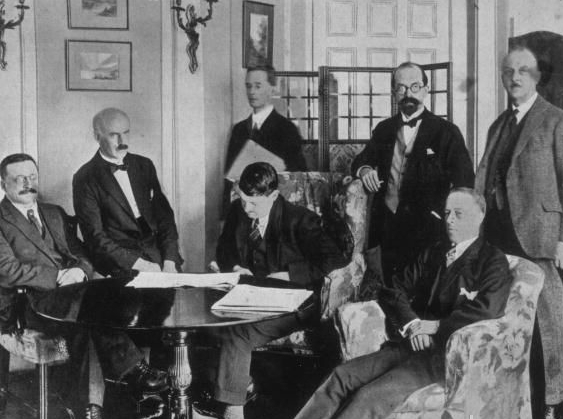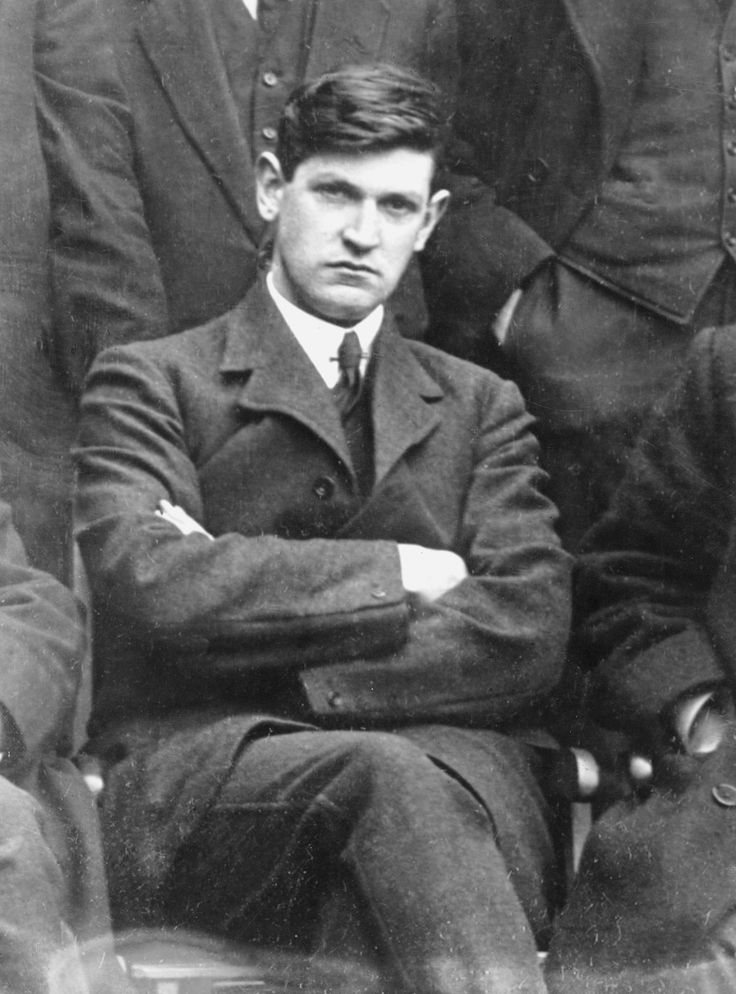ON THIS day in 1922, history was made, for better or worse.
The second-ever Dáil of Ireland, having won their independence from the British, voted narrowly to accept the Anglo-Irish Treaty which would see the creation of the Irish Free State.
Present in the Dáil were the surviving heroes of the 1916 Rising, including Michael Collins and Éamon de Valera, who fought as brothers but would soon be commanding opposite sides in the upcoming Civil War.
On the 7 January 1922, Dáil Éireann voted by 64 votes to 57 to accept the Anglo-Irish Treaty which would confirm Ireland as a Free State but would leave behind six counties in the north: Fermanagh, Armagh, Derry, Tyrone, Antrim and Down.
The Treaty also did not go as far as declaring Ireland a Republic, which was what most fought for during the War of Independence, and would still require Irish citizen to recognise the British King as their head of State.
Michael Collins was among those in favour of the Treaty, having travelled to England himself to reach a compromise-- famously predicting at the time that he had signed his death warrant-- but argued the Treaty "gives us freedom, not the ultimate freedom that all nations desire.. but the freedom to achieve it."
 The signing of the Anglo-Irish agreement in 1921
The signing of the Anglo-Irish agreement in 1921The Anti-Treaty side included other prominent IRA members including Countess Markievicz then-President of Ireland, Éamon de Valera.
Despite the Treaty passing, de Valera and the anti-Treaty side refused to accept the results, and official transcript from the session shows President de Valera as saying:
"I would like my last word here to be this: we have had a glorious record for four years; it has been four years of magnificent discipline in our nation. The world is looking at us now... (The President here breaks down)."
 Eamon de Valera, centre, with several of his advisors in Dublin on January 30, 1922
Eamon de Valera, centre, with several of his advisors in Dublin on January 30, 1922While the creation of the Irish Free State was a tremendous achievement for Ireland against the might of the British Empire, the deep divide between the two parties caused a split; Michael Collins would go on to form Fine Gael, with de Valera forming Fianna Fáil, parties which remained the two biggest in Ireland for almost 100 years.
The hurt, anger and loss of what so many had fought for would soon lead to the tragic Irish Civil War; six months later, on 28 June 1922, Irish government forces led by then-head of Government Michael Collins attacked the Four Courts in Dublin, which anti-Treaty forces, led by de Valera, had taken over months earlier.
 Michael Collins pictured among the first Dáil in 1919
Michael Collins pictured among the first Dáil in 1919This act is recognised as being the first of the Civil War, which would last for almost a year and which would leave thousands dead, including Michael Collins himself.
The war was won by pro-Treaty forces, with the anti-Treaty side ultimately laying down their arms following ceasefire ordered by De Valera.
It would not be until April 1949 that the Irish Free State would become an official Republic, introduced by then-Taoiseach John A Costello-- of Michael Collins's Fine Gael party.

